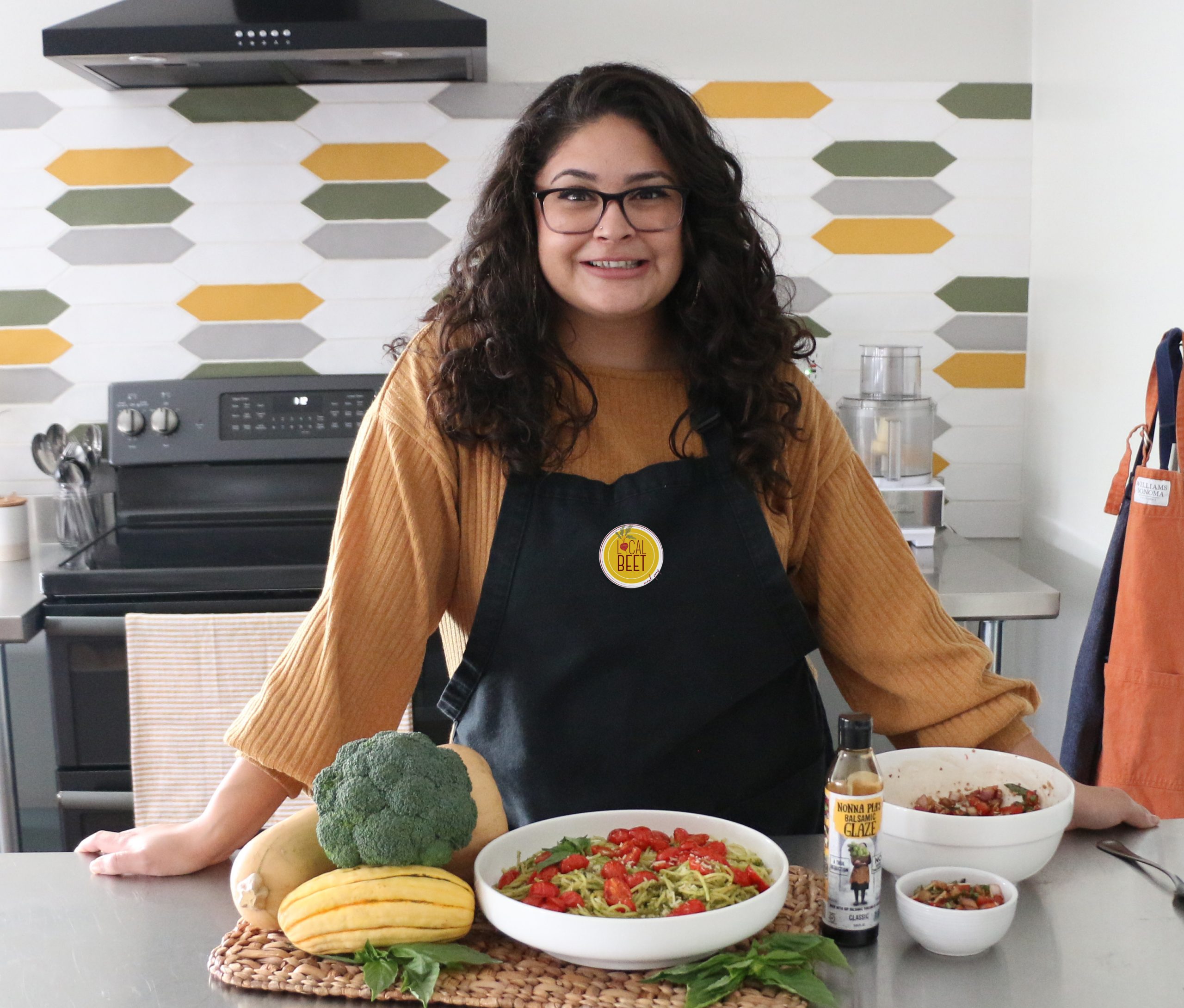The Dreamers The Doers The Risk Takers
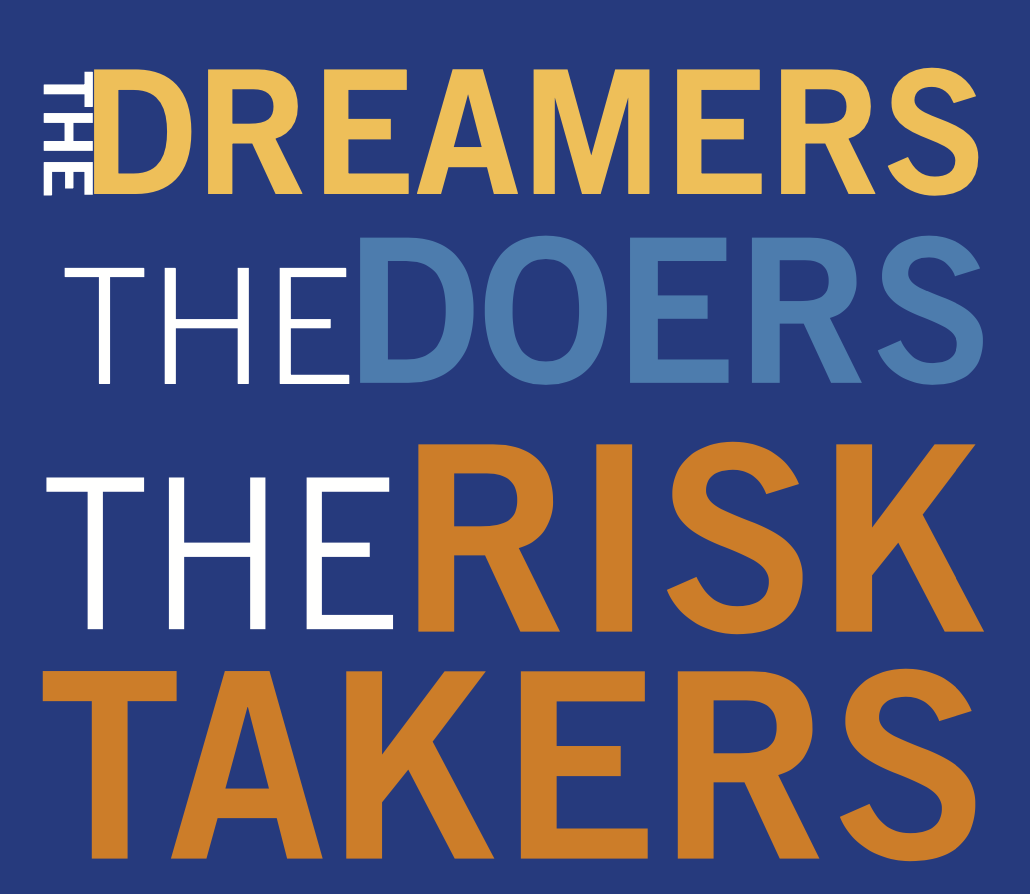 Small businesses are anything but small. They are the bread and butter of the national economy, employing nearly 60 million people and generating 44 percent of the gross domestic product. According to the Small Business Administration,
Small businesses are anything but small. They are the bread and butter of the national economy, employing nearly 60 million people and generating 44 percent of the gross domestic product. According to the Small Business Administration,
there are 30.7 million small businesses in American today. In fact, big businesses, those employing more than 500 workers, account for only .01% of the business landscape. In rural communities, like the Yakima Valley, they are virtually nonexistent, making small businesses that much more critical for the vitality of the community.
Behind every one of these small giants is the story of entrepreneurs who had an idea and took a leap of faith, confident that they could turn that idea into a profitable venture. It is not a move for the timid. Starting, running and growing a business takes faith, grit and a whole lot of hard work. Still, for these Heritage University alums, the entrepreneurial call was too strong to ignore. Meet Javier Morin, Yerenia Espindola-Mendoza and Allie Haro.
CASHING IN ON CLEAN
Javier Morin’s entrepreneurial spirit was evident long before he graduated from Heritage in 2016. He came to Heritage as one of the first Act Six Initiative Scholars—a leadership program that provides full-ride scholarships to students in rural communities. True to the intent of the program, Morin’s presence was felt throughout the campus. Among his many involvements, he served on the Student Government Association, twice as the public relations officer and as the president; was a member of the university’s fraternity; a member of the nationally-ranked Enactus team; and a student staff member of the Heritage marketing department.
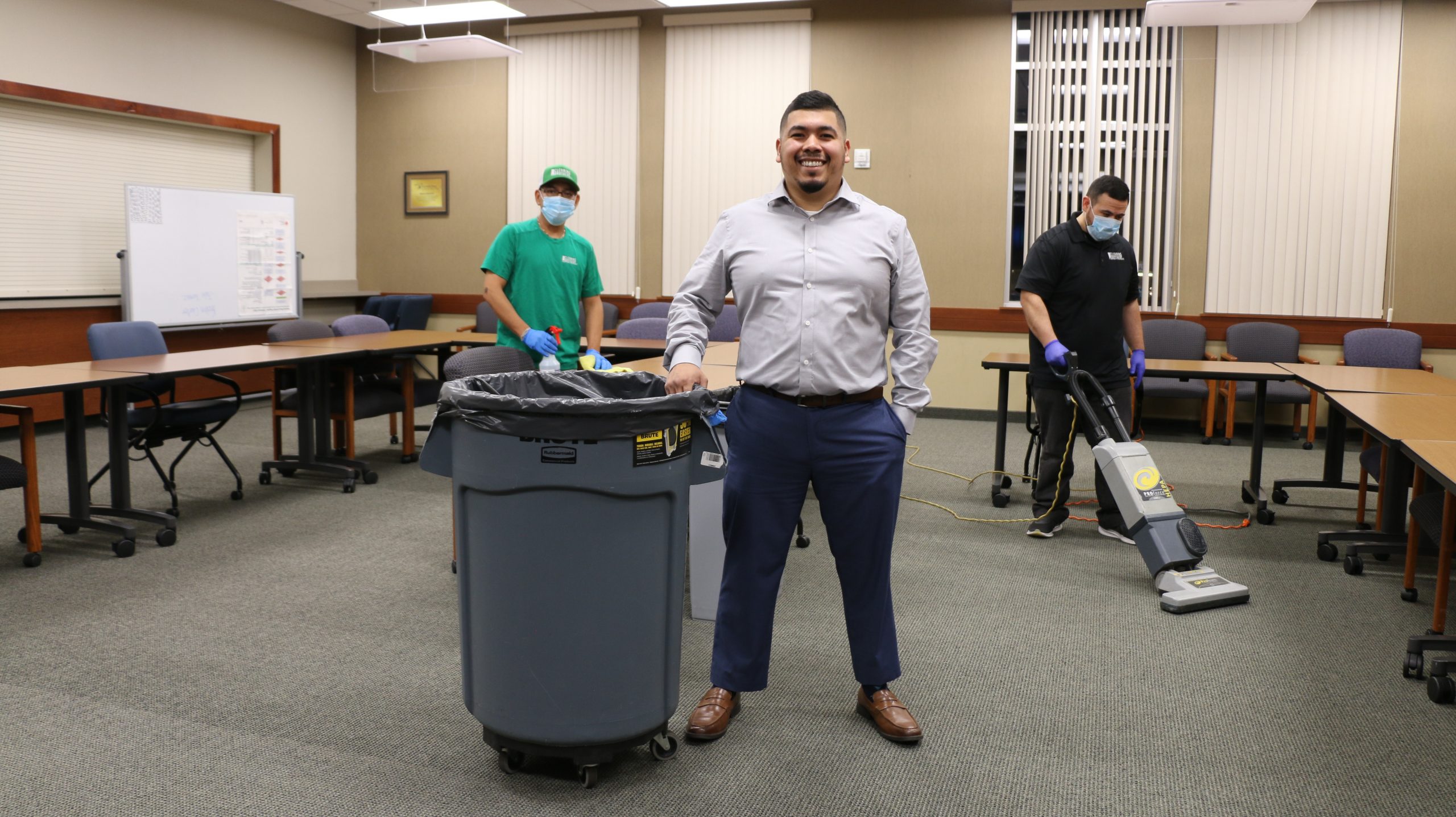
The king of clean, Javier Morin (center) and fellow alum Marcus Morales (not pictured), built The Cleaning Brothers from an idea to a thriving business with 20 employees and contracts in three states in just three years.
“If there was some new and exciting, student- driven project going on, Javier was usually right there in the middle of it,” said David Wise, vice president for Marketing, Communications and Advancement. “His drive and enthusiasm was contagious.”
After graduating, Morin’s career path went down a typical route; he took a management trainee position with Enterprise Rent-a-Car. However, for Morin, it was less of a job and more like an extended internship with benefits.
“I did everything I could to learn all I could while I was at Enterprise,” said Morin. “It taught me a lot about the day to day operations of businesses and customer service.”
A little over a year after graduation, Morin partnered with fellow Heritage Eagle and Act Six Scholar, Marcus Morales to open a commercial cleaning business, The Cleaning Brothers. The idea to launch the business came after several conversations with Morin’s father, who works in facilities management for a healthcare company in Yakima. He was frustrated at the lack of quality commercial cleaning companies in the area.
“I saw there was a need, and I knew I could bring a level of professionalism to the industry that prospective clients would respond to,” he said. “Pretty quickly, I fell in love with the struggle and challenges of building a business. Nothing grows overnight, it took six months for us to get our first client, but success is all about being resilient and not quitting.”
It took time, but growth did come. One client grew to two, three, four, and more. Morin and Morales hustled. In just three short years, they’ve built a company with 20 employees and clients in three states. They even brought in another Heritage Eagle into their fold, partnering with Zia Lohrasbi as they expanded into the St. Louis, Missouri market.
“Our goal is to grow at a steady rate, to take on what we can handle so we can provide our clients with the best possible service,” he said.
For many, this would be the end of the story: a successful business with all signs pointing to a strong future ahead. However, Morin likes to explore different business ventures. A little over a year ago, he partnered with two filmmakers and started 3Mil Media, a commercial video production company that is just starting to get off the ground. And, even his side hustle has a side hustle. He’s in talks with another group of entrepreneurs to launch a third company.
“It’s all about being a risk-taker,” he said. “Being an entrepreneur comes with a lot of challenges. It’s lots of phone calls and responding to things that come up. Building strong partners, being persistent, having a plan and staying focused on our goals, that is the secret of success.”
SUCCEEDING IN BUILDING SUCCESS
When Yerenia Espindola-Mendoza enrolled at Heritage University, she never imagined that she would be a successful businesswoman helping individuals and business owners build long-term financial plans. Her desire was going into teaching. However, a conversation with her mentor led her to explore the world of business.
“I’ve always wanted to teach and help people to make a difference in their life. I thought that teaching was the way to do that,” she said. “But when I was talking to one of my mentors at the university, she said, ‘you should go into business.’ Her words changed my thinking, and I declared my business major.”
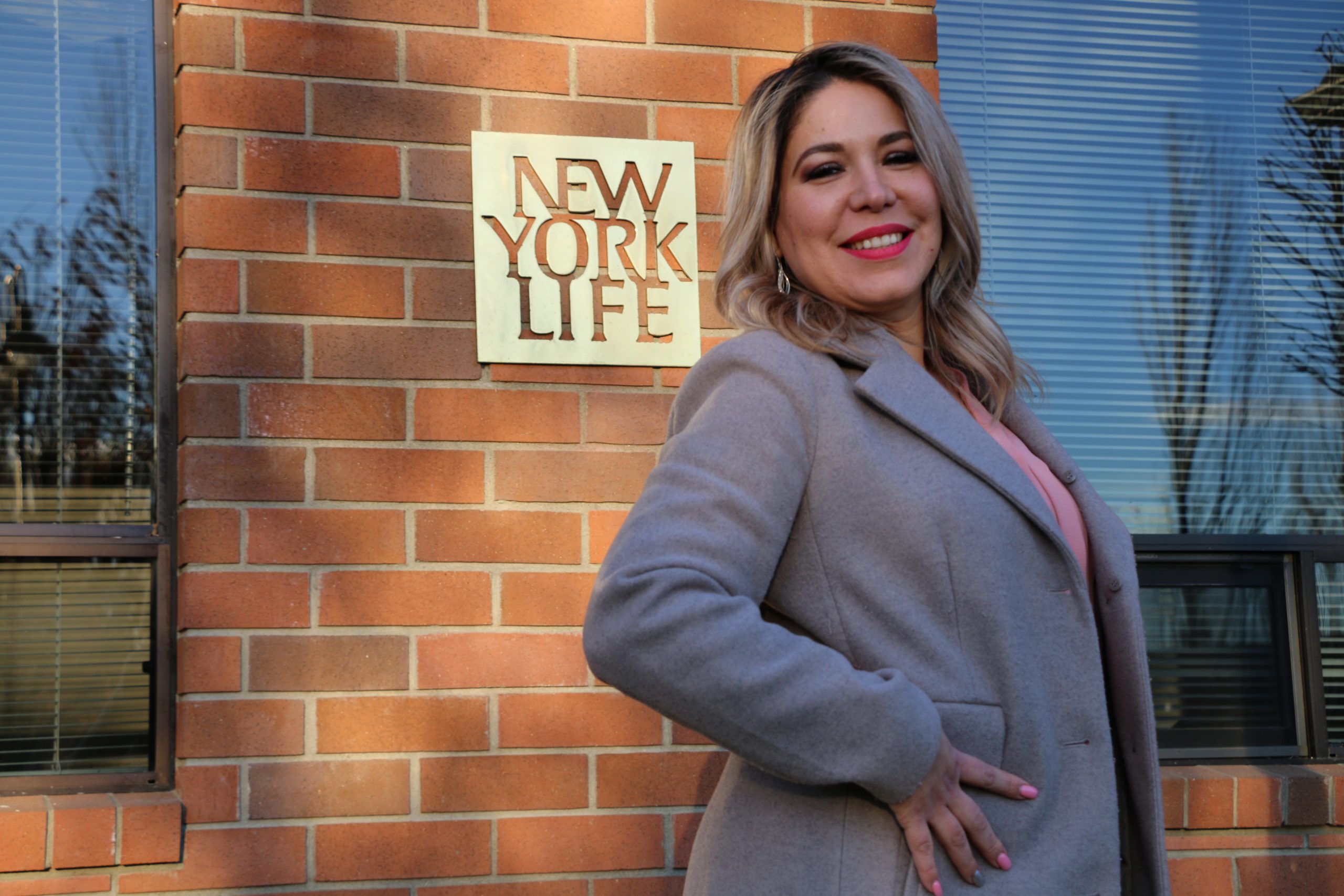
Yerenia Espindola-Mendoza leveraged her college internships into a career helping others plan for their futures.
Espindola-Mendoza, a non-traditional student several years older than the others in her cohort, knew she had found the right fit in her major but wasn’t sure what she would do with it once she graduated. That is until a guest speaker showed up to one of her business classes. He was a partner from New York Life, who was there to talk about their internship program. She was the only one who raised her hand when he asked the class who was interested in learning more.
“It was like God spoke to me and said, ‘Take the internship; this is your future career! It’s your path; you will be helping people.'”
That summer, she started her journey with the company, primarily selling life insurance. The company had a national internship contest, and she was named the national winner! The following year, she participated in the
internship competition, again receiving the same honor. As a result, for two years in a row, Espindola-Mendoza was taken to the headquarters in Manhattan, New York City, which was a fantastic experience. After two years of the internship, she decided to turn her experiences into a full-time position as an agent for New York Life.
“Everything started with that internship,” she said. “I saw the need in my community and the lack of education surrounding retirement and financial planning. The lack of information about risk management, life insurance, building a retirement plan, pretty much a lack of understanding about the concept of personal, business, and estate planning. I knew I could help people with this and that by impacting the financial wellbeing of one family or one business, I could impact the entire community.”
After three years in the industry, she became a broker to offer more services. Espindola-Mendoza expanded her service options menu at the three- year mark. She understood that it was essential to have a broad, holistic financial plan to help clients achieve their financial goals. Now she offers life insurance, retirement planning, and long-term care insurance. She sought out training on social security and Medicare supplement plans.
“Every individual’s situation is different,” she said. “I have to be knowledgeable in a wide array of services and products to help my clients find what best suits their needs.”
While her business began focusing on individuals, it has grown to serve the needs of business owners.
“Business owners have a whole host of needs that differ from the individual,” she said. “They need help with personal planning, business planning, and estate planning. Helping them in today’s business world. Her goal is to help implement different strategies based on business owners’ needs. Most common needs are to attract, retain, reward and significantly retain upper-level management employees. Personal and employee retirement plans, provide asset protection, and transfer of wealth in the most tax-efficient ways during succession planning.”
Knowing that her business clients’ needs were much more complex, requiring more specialized services than she could offer, Espindola-Mendoza built a partnership with accountants and attorneys in the area. She also partners with Hall Financial, which has helped businesses for more than 40 years in the area. ” The consortium of business professionals can provide wrap-around of complex business planning and estate planning services.
“My goal is to be the first person people think about when they are looking for financial services. I want them to look at me because of my knowledge, level of care, and exceptional customer service and superior company advanced planning services (attorneys, CPA’s and CFP’s) that assist in planning.
Always putting my client’s needs first. That’s my dream.” She said. “I’m going to continue to keep expanding my services, which means more training and getting more licenses so that I can be of greater service to my clients.”
EAT YOUR VEGGIES-THEY’RE AMAZING!
Allie Haro wasn’t thinking about her future business when she choose the food industry to research for her business ethics course her junior year. A self-described “foodie,” she was simply looking at a subject area she enjoyed.
“I’ve always loved eating,” she laughed.
The more she dug into the industry, learning about where foods came from, how they are processed, and not only how peoples’ health are impacted by their food, but how the environment is impacted by their choices as well, the more disenchanted she became.
“I dove in head first and became a vegan,” she said. “While I wasn’t yet thinking about starting a food service company at the time, I think of this as the moment when the spark of an idea was born.”
That idea grew into Local Beet, a plant-based food preparation business providing delicious and nutritious meals to customers in the Yakima Valley. Operating somewhere between a restaurant and a meal subscription service, Local Beet customers order their favorites from a weekly menu. Haro prepares and packages their order into reusable containers, which they pick up from their storefront and take home to reheat and enjoy. Haro opened
her business in July 2019, the culmination of years of saving enough capital to launch her dream, of finding associates whose businesses could work well in collaboration with hers, and searching for the perfect building to house everything she and her colleagues needed.
“I feel like the relationship that I have with business associates are critical to making Local Beet work,” said Haro. “I started my businesses without taking out any loans. Everything came from my savings. Collaborating with Elaina Moon, owner of Healthy Eats Nutrition Service, allowed us to split expenses so we could get the facility and the equipment we needed. And we are able to do cross-promotions that support each other.”
She points to an effort the two undertook shortly after the pandemic shutdown.
“I was really worried about our customers,” said Haro. “I was worried about their health. In times of high stress we often turn to unhealthy habits, like eating too much of the wrong kinds of foods, to cope. Elaina and I, and our friend who is a yoga instructor, started Fitt Challenge. We provided health coaching, virtual workouts and yoga and I was the guru of meal preparation. For my part, our challenge members would get five plant-based, pre-prepared meal kits a week as part of their plan. It was so popular that I started offering the weekly meal subscription to my regular customers.”
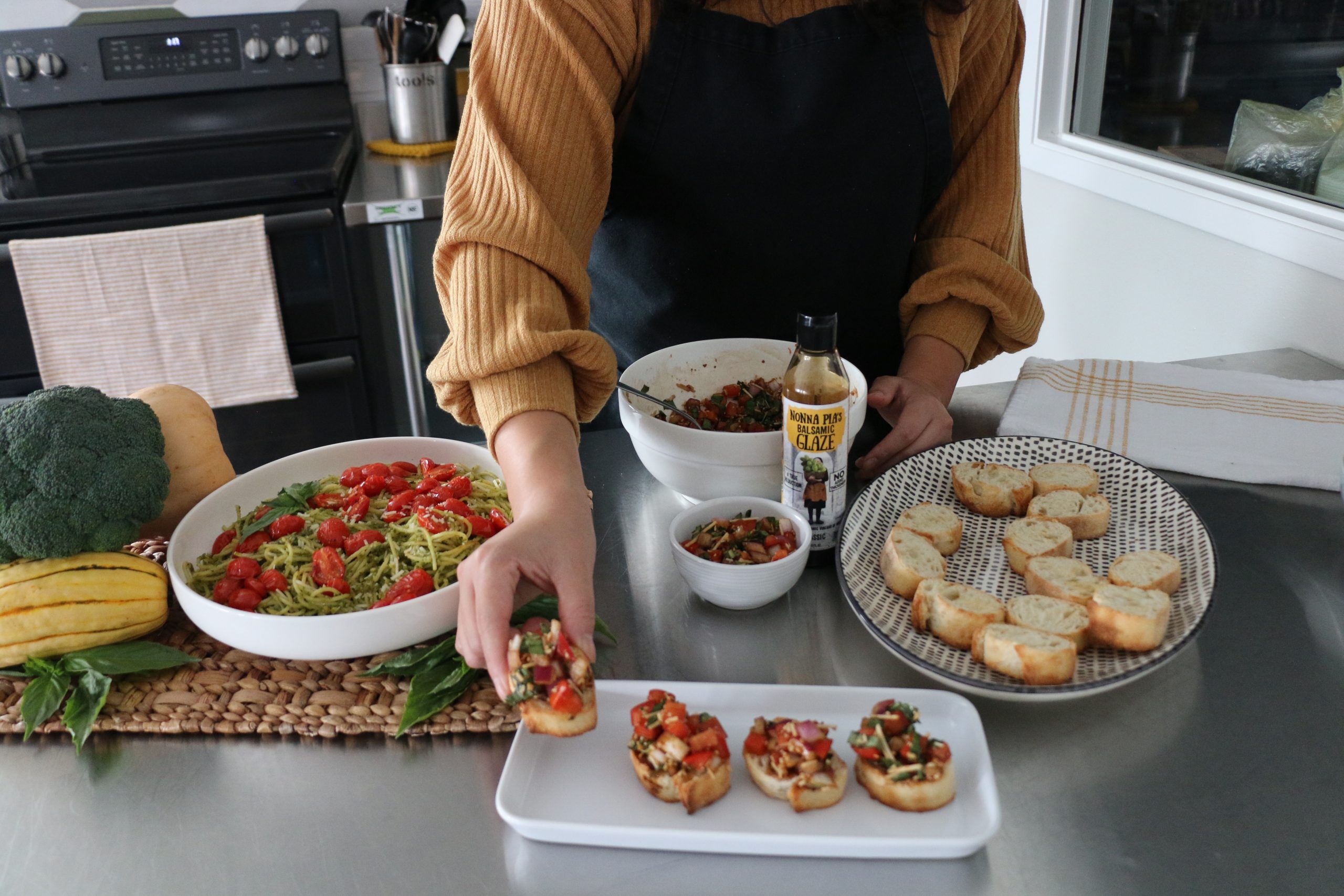
Haro wants people to know that healthy doesn’t mean boring. Her plant-based meals bring eye-popping color and full flavors to the table.
The challenge of starting a food service business in the first place, then building it into a strong, profitable venture during a global pandemic, isn’t lost on Haro. However, she is undaunted by the risk.
“I’m not afraid of failure,” she said. “The way I see it, failure is nothing more than redirecting you to something else. I feel like I am where I need to be right now and I am giving it my all to make this a success. I have my short and long-term goals and a plan to get there. Where there are challenges that come up, whether from COVID or something else, I look for opportunities in these challenges to move me and Local Beet forward.”

